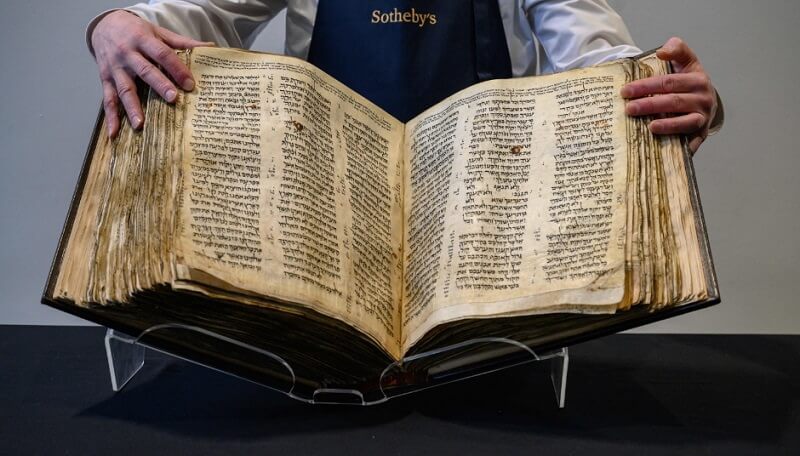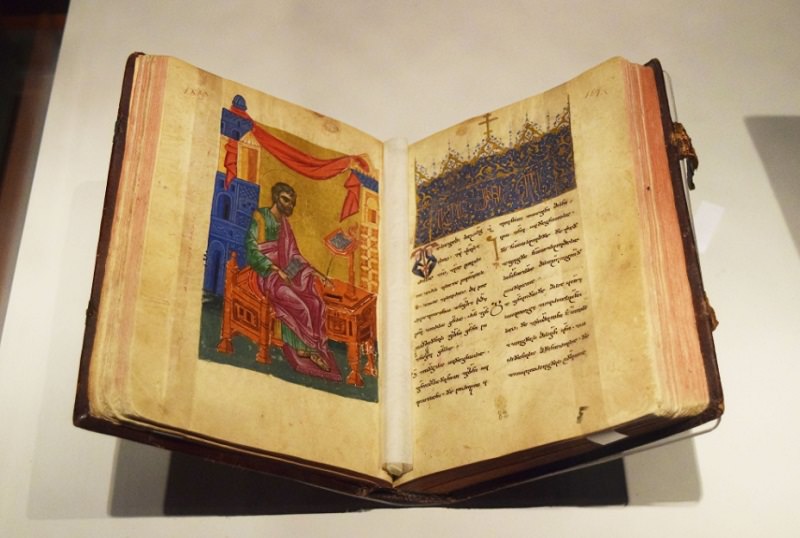Discovered in the 1940s and 50s near the Dead Sea, the ancient scrolls found in the Qumran caves provide a unique window into early Jewish and Christian history. Dating back, these manuscripts are the oldest known copies of biblical texts and reveal the religious beliefs of the Essenes, a Jewish sect around the time of Jesus. The contents of the Dead Sea Scrolls have revolutionized our understanding of the Bible’s development and early Christian origins.
In this article we explore the impact these artifacts have had on biblical scholarship and Christian theology. From verifying Old Testament passages to influencing ideas about prophecy and redemption, the Dead Sea Scrolls have shaped key tenets of the Christian faith.
Join us as we unravel why these millennia-old documents are so pivotal to illuminating Christianity’s foundations and textual traditions.
What Are the Dead Sea Scrolls?
Before delving into their importance, let’s first understand what the Dead Sea Scrolls are. The Dead Sea Scrolls are old writings discovered by the Dead Sea in the 1940s. They’re like ancient books and papers, mostly in Hebrew. People from a group called the Qumran community likely wrote them about 2,000 years ago. The special thing is, they have parts of the Old Testament, like Psalms and Isaiah. But there are also other writings, talking about what the Qumran people believed and thought.
These scrolls teach us about their life and ideas during the time of the Second Temple. Imagine these writings as windows into the past, helping us understand what ancient people believed and how they lived. Scholars study these scrolls to uncover secrets from a long time ago.
When Were the Dead Sea Scrolls Found?
The Dead Sea Scrolls were found from 1947 to 1956 in eleven caves near Khirbet Qumran, by the Dead Sea. A shepherd boy accidentally found the first papers in 1947 in a cave at Khirbat Qumran. These ancient writings give us a peek into the past, telling stories about people who lived more than 2,000 years ago. Imagine finding old letters and books that help us understand what life was like back then! Scholars have been carefully looking at these writings to learn more about the history and beliefs of the people from a long time ago.
Contents of the Dead Sea Scrolls
Inside the Dead Sea Scrolls, there are two main types of writings: Biblical Manuscripts and Non-Biblical Texts.
Biblical Manuscripts
These are like really old copies of parts from the Old Testament. They’re special because they’re similar to what people read in the Bible today. But here’s the interesting part – there are also some differences. These differences make us want to explore more about how these writings changed over time.
Non-Biblical Texts

Apart from Bible-related stuff, there are other writings too. These include papers about the beliefs of the Qumran group, like their rules and ideas. There are also writings predicting future events and pieces that share wisdom. These non-Biblical texts help us understand not only what they believed but also how they lived their lives back then. It’s like reading ancient letters that tell us stories about their thoughts and practices.
Who Wrote the Dead Sea Scrolls?
The Dead Sea Scrolls were likely written by a group called the Essenes, who lived near Qumran more than 2,000 years ago. They were serious about their Jewish beliefs. But some people now think other Jewish groups, like priests in Jerusalem or Zadokites, might have written them. The scrolls are mostly in Hebrew, and some are in Aramaic or Greek. Many of them are just pieces, not complete. They talk about rules, thoughts on the Bible, visions of the future, and special prayers. Even though we’re not sure who wrote them, these scrolls tell us a lot about ancient Jewish life and beliefs.
Why Are the Dead Sea Scrolls Important to Christianity?
What Do the Dead Sea Scrolls Prove?
The Dead Sea Scrolls are like ancient witnesses that tell us important things about the past. They show us bits of history, confirm parts of the Bible, and let us see what the Qumran group believed. These proofs help us get a better grip on where Christianity comes from.
Impact on Biblical Scholarship
The Dead Sea Scrolls flipped the script on how people study the Bible. Scholars got a backstage pass into ancient Jewish customs, saw how texts changed over time, and matched them up with later Christian writings. It’s like having a time machine for understanding biblical texts.
Theological Implications
When we dive into the scrolls, we find links between Jewish and Christian ideas, but also some unique angles. Figuring out how the scrolls connect to early Christian thoughts has big implications for theology. The scrolls add colors to the big painting of Christian beliefs.
Contributions to Christian Theology

The Dead Sea Scrolls left a big mark on what Christians believe. They didn’t just contribute; they were like architects shaping Christian ideas about prophecy, the expected savior, judgment, and how redemption works. These contributions became pillars holding up key Christian beliefs and teachings.
Challenges and Controversies
Yet, figuring out the full story of the Dead Sea Scrolls comes with some puzzles. People who study them have disagreements on what they mean, who wrote them, and what community they really belong to. These debates make the journey of understanding these ancient writings a bit like solving a mystery. Some folks argue about who actually wrote the scrolls, and there’s talk about whether certain groups are more important than others. It’s like putting together a big jigsaw puzzle where some pieces are still missing. These challenges make the study of the Dead Sea Scrolls both exciting and complex.
Conclusion
The discovery of the Dead Sea Scrolls changed how we study the Bible and understand Christian beliefs. These old writings confirm what’s in the Bible, show how a group of ancient Jewish people lived, and tell us what early Christians believed. Even though scholars still argue about some details, everyone agrees that these scrolls are super important. They help us know more about how the Bible was put together, what people thought about a savior, and ideas about judgment and being saved. Even if the scrolls are old and a bit broken, they remind us of the lasting importance of beliefs that have been passed down through generations.

